AI and ML in Digital Marketing
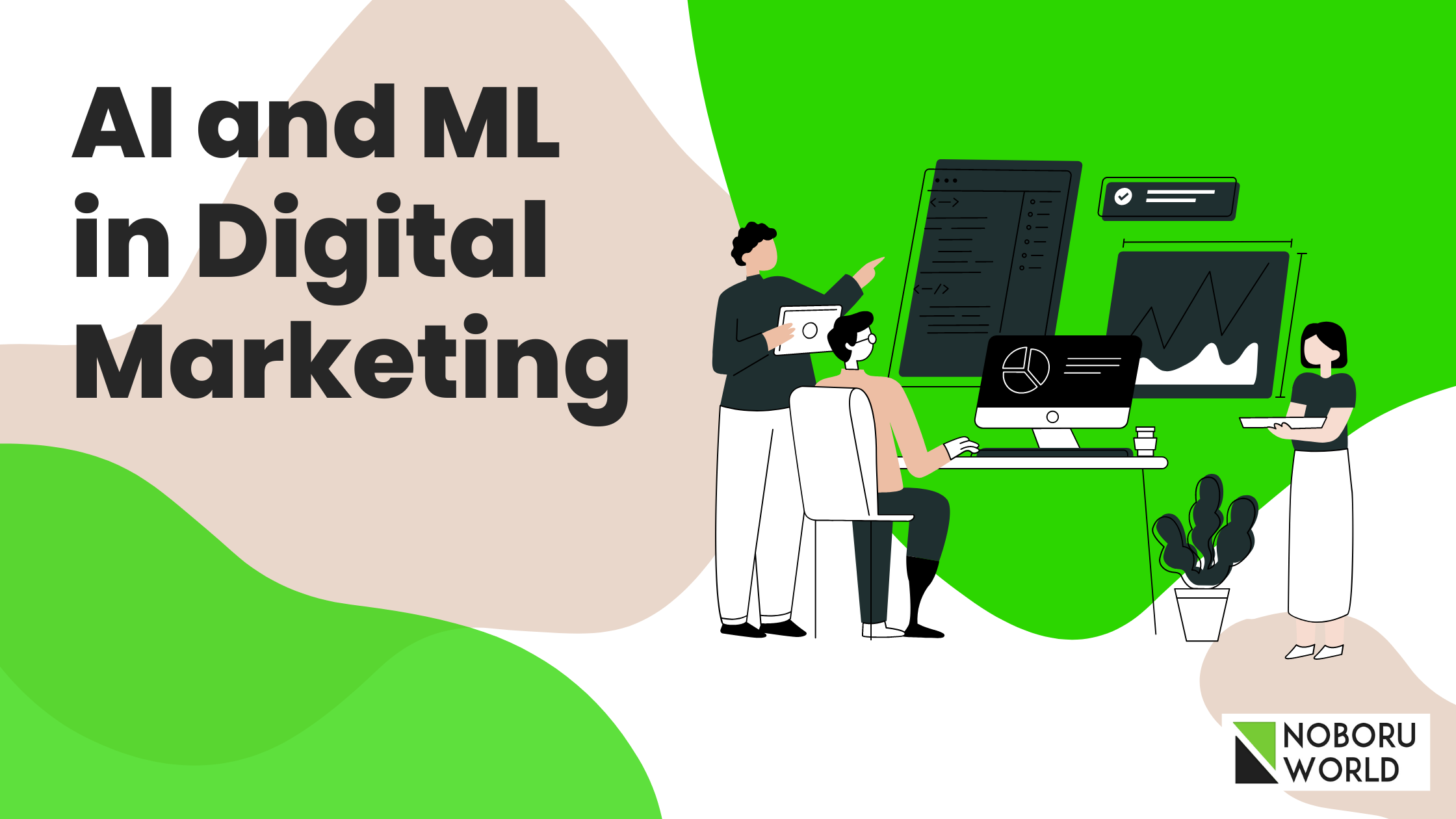
AI assists in almost every area of our lives, whether trying to read our emails, get driving directions, or get music or movie recommendations.
In digital marketing, AI and ML are significantly making time-consuming tasks easier. With the help of automated chatbots, all the queries of the customers quickly get resolved. AI and ML are also enhancing the customer experience, resulting in customer satisfaction and improving customer retention.
Let’s learn more about Artificial intelligence and Machine learning here and understand how they contribute to Digital Marketing.
Artificial Intelligence
Artificial Intelligence is a technique of getting machines to work and behave like humans. It enables computers to mimic human intelligence using logic.
Example: Self-driving cars, Siri, Marketing chatbots.
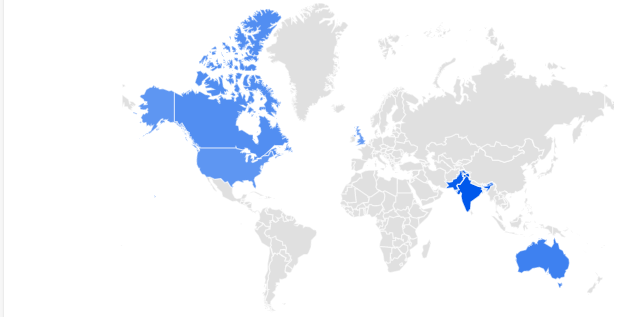
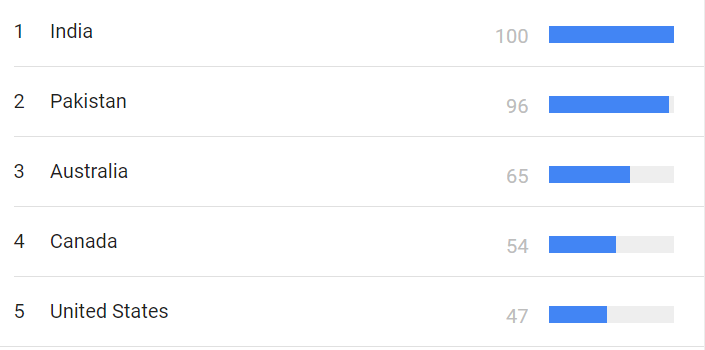
Use of AI in Digital Marketing
Some significant developments stand out when we talk about AI improving the customer experience: chatbots, predictive and targeted content, content creation, and image recognition technology. These AI help improve customer service and support in delivering more targeted and relevant content.
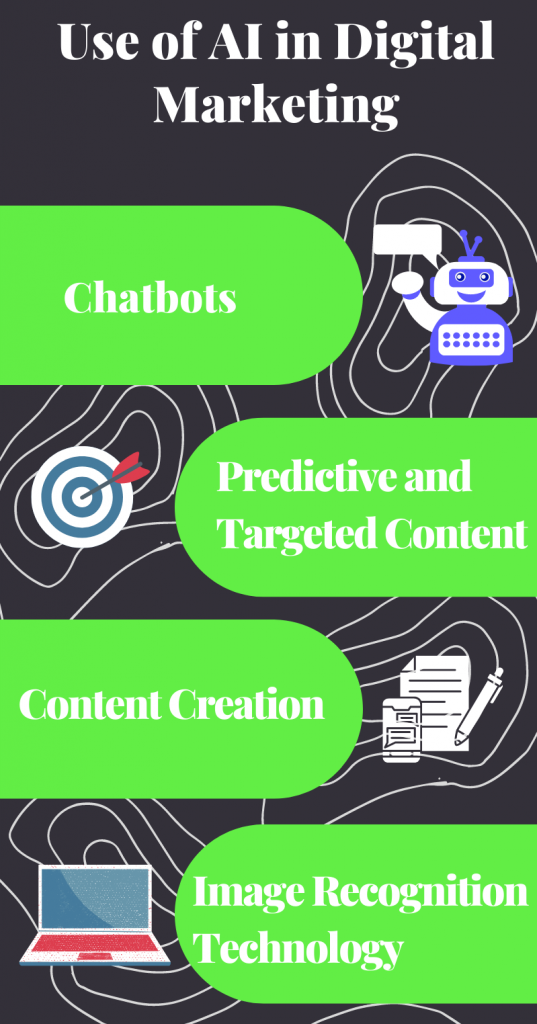
Chatbots
A chatbot is software that can have conversations using AI to discover responses. You might have tried a chatbot on a website looking for answers to a question. Chatbots are used most commonly today in the modern world for customer support, lead generation, scheduling, return & refund, feedback collection, and more.
Predictive and Targeted Content
AI can collect data about prospects and customers and also use AI to predict future behavior and develop more targeted messaging.
AI is helping to have the right email message at the proper time by using dynamic content and deciding the content based on past customer behavior. By observing which web pages a customer has been to, which blog posts they have gone through, and which emails they’ve interacted with, AI can quickly select the content most likely to plea to a specific customer and automatically populate an email with that content. Churn prediction is used in AI to predict when customers are disengaging from a brand to help curate personalized content that will most likely appeal to and re-engage the customers.
Content Creation
Content creation and marketing have been the most significant challenges marketers have faced since the beginning. Creating quality content takes time and requires a lot of effective marketing effort.
AI is assisting nowadays in generating content by understanding the audience based on collected data and allows you to create and target personalized, dedicated pages for them. Customized landing pages answer visitors’ questions through the landing page elements. The content curated by AI can consist of hundreds of words and read as if a live human being wrote it.
Image Recognition Technology
Image recognition, a subset of computer vision, is the art of recognizing and interpreting photographs to identify objects, places, people, or things observable in one’s natural surroundings. Finally, the primary goal is to view objects the same way a human brain would. Image recognition seeks to detect and evaluate all these things and then draw conclusions based on that analysis. The software is an AI tool businesses can use to improve the customer experience. Image recognition software also helps to personalize customer experiences.
AI Transforming The Future Of Digital Marketing
Artificial intelligence (AI) is not just computers that can speak to us like Alexa or Siri or grand projects like self-driving cars. The reality of AI is the enormous amount of tools and apps running seamlessly behind the scenes, making our lives effortless by automating simple tasks or making predictions worth going after.
Automating learning and decision-making processes to create knowledge (usually called “insight”) helps improve performance. Marketing is one of the many areas where it’s been put to good use!
Targeted marketing
Companies widely use AI since it improves the returns on investment by making marketing more efficient. Before online advertising, businesses would pay vast amounts of money for TV, radio, or newspaper adverts, knowing that only a small number of the people who saw their ads would become customers. Traditional marketing was tremendously inefficient, but companies had no choice if they wanted to position themselves as market leaders.
Example: The AI assistant IBM Watson locates prospective audiences, selects relevant creative content, and engages target audiences in one-on-one conversations.
AI-operated content marketing
The growth of social media marketing and our growing intake of online content has made content-based marketing the ascendant form of marketing in various industries. AI assist here by helping us work out what type of content our customers and potential customers are interested in and the most efficient ways to give our content to them. Advertising creatives have always searched for formulas for creating adverts to get people talking. With AI-powered tools, this can be done automatically. For example, headline generation algorithms monitor their success and tweak their output to achieve better metrics, such as observing emails’ open rates or social media posts’ share rates.
Identifying micro-influencers
Influencers are another massive trend in marketing right now, and AI algorithms are already in use to ensure that the personalities most likely to please you appear in your search results and social feeds.
Advertisers will increasingly use AI to identify smaller influencers who are most likely to engage with their brands and audiences. This use of AI has led to the emergence of “micro-influencers.”
Artificial Intelligence in CRM
Customer Relationship Management Customers are often a company’s most important source of revenue, so it’s an important function that every marketer must master. Here, AI can reduce the risk of customer churn by identifying behavioral patterns that may cause customers to move to another location. These customers can be automatically targeted with personalized promotions and incentives, potentially restoring loyalty.
AI-enhanced marketers are also increasingly turning to chatbot technology powered by natural language processing. This allows you to quickly segment your customer inquiries to respond to customers needing immediate attention and minimize frustration.
AI-driven CRM will enable businesses to predict sales more accurately in every market. This means you can allocate inventory and resources more efficiently. Additionally, it can maintain data quality in your CRM system and identify customer records that may have errors or duplicates.
Machine learning
Machine learning focuses on using data and algorithms that allow computers to imitate how humans learn, gradually improving their accuracy without being explicitly programmed.
For example – An algorithm would be trained with pictures of dogs and other things labeled by humans, and the machine would learn ways to identify images of dogs on its own, used in online shopping.
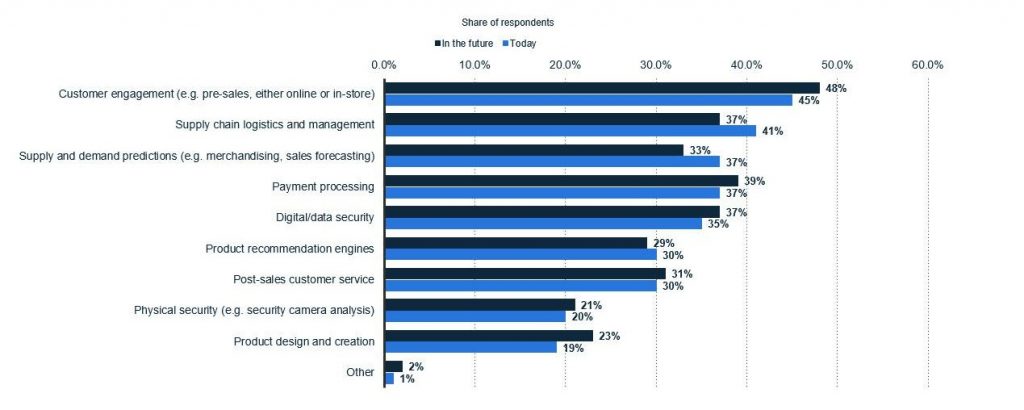
Source: Forbes
Use of Machine learning in digital marketing
Machine learning is used in digital marketing to a great extent. It is involved in utilizing data, content, and online channels to increase productivity and help digital marketers understand their target audience better.
Content marketing
In recent years, many people have started writing to provide content and give information to their target audience. The scope extends to informative blog posts, customer testimonial videos, or recorded webinars. Content is everywhere online.
Machine learning helps marketers understand what consumers want to read and what they don’t. It also allows marketers to create content that will be more likely to generate conversions and increase their return on investment.
Pay-per-click campaigns
With ML tools, it has become effortless to analyze data sets to measure the effectiveness of pay-per-click (PPC) campaigns. ML tools can help you by providing information that demonstrates:
Search engine optimization (SEO): SEO plays a significant role in a well-curated digital strategy, with digital marketers choosing to specialize in this efficient skill. However, thanks to AI and ML tools, the insights from searchable content may become more relevant than specific keywords as SEO algorithms change across significant search platforms.
Content management
Creating meaningful relationships with leads, prospects, and customers has become essential to driving brand awareness and building engagement.
ML tools are beneficial in analyzing what type of content, keywords, and phrases are most relevant to your desired audience.
Examples of machine learning in marketing
1. Recommendation systems
The recommendation system mainly focuses on offering customers products they’re interested in at the moment.
For example – Youtube suggests videos according to your liking, and Amazon offers products according to your needs.
2. Forecast targeting
The core of all types of targeting is to spend the advertising budget only on target users. There are various types of targeting used.
ML helps to forecast by Accelerate data processing speed, Providing a more accurate forecast, Automating forecast updates based on the recent data, Analyzing more data, Identifying hidden patterns in data, Creating a robust system, Increase adaptability to changes.
3. LTV forecasting
LTV or lifetime value can be best calculated based on knowledge of a customer’s total profit and the time interaction has been done by the customer with the business. However, everyday business tasks require you to calculate LTV before a customer considers leaving. In this scenario, ML helps predict the best solution to LTV based on the available data.
4. Churn rate forecasting
In marketing, the notion of churn apply to customers who have left the company and the correlated loss of revenue and is usually expressed in percentage or monetary terms. Churn rate forecasting allows you to respond to a customer’s intention to abandon your product or service before they do.
Machine Learning is used for churn rate forecasting examples include the retail market, Subscription-based businesses like media, music, and video streaming services, and Financial institutions, which provide banking, insurance companies, and Mortgage Companies.
How AI and Machine Learning Can Improve Marketing
According to the McKinsey Global Institute, AI and Machine Learning will help solve the problem of marketing and sales, and in the next three years, he will see $1.4 trillion to $2. It is expected to be generating trillions of dollars in value.
AI, machine learning, marketing, advertising technology, voice/chat/digital assistants, mobile technology, and apps are the five technologies that will have the most significant impact on the future of marketing.
Chief Marketing Officers (CMOs) and their marketing teams are expected to excel at building customer trust, empathetic brands, and data-driven strategies that deliver results.
Advertisers will increasingly use AI to identify smaller influencers who are most likely to engage with their brands and audiences to create content. This has led the way to the emergence of “micro-influencers.”
Also, check out AI and ML in Digital Marketing for more information.
Ways AI and machine learning have improved marketing.
1. 70% of high-performing marketing teams claim to have a fully defined AI strategy, compared to 35% of low-performing marketing teams.
CMOs leading high-performing marketing teams highly value the mindset of continuous learning and growth. This is reflected in the 56% planning to deploy AI and machine learning next year. The work required to develop new AI and machine learning capabilities will result in better social marketing performance and more accurate marketing analytics.
2. 36% of marketers expect AI to significantly impact marketing performance this year. According to a recent study by Advertiser Perceptions, 32% of marketers and agency professionals are using AI to create ads such as digital banners, social media posts, and billboards.
3. Top marketing teams currently use an average of seven different AI and machine learning applications, and just over half (52%) plan to increase their adoption this year.
4. Marketers use AI-powered demand sensing to better predict unique buying patterns across regions and reduce out-of-stocks and backorder. Combining all available data sources, such as customer sentiment analysis using supervised machine learning algorithms, can improve the accuracy of demand capture and demand forecasting.
5. Disney applies AI modeling techniques, including machine learning algorithms, to refine and optimize the media mix model. Disney’s approach to gaining new insights on the media mix model is to aggregate data from across the company, including partners, prepare the model data, and then transform it for use in the model.





We would love to have your opinion.